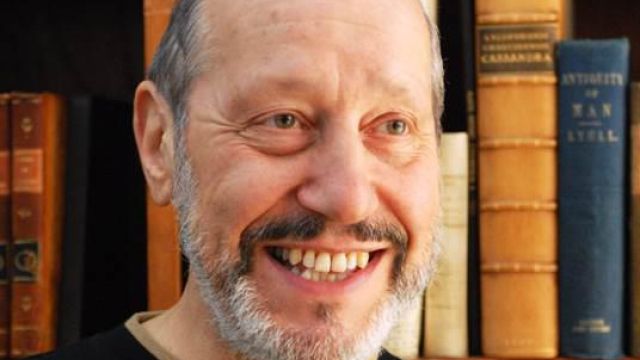Enlightenment and revolution: The role of enlightenment ideas in shaping the French Revolutionary factions (1780–1830)

The democratic republican theories and the world-changing doctrine of universal and equal human rights proclaimed by both the American Revolution (1775–83) and the French (1789–99) derived from the subversive wing of the Enlightenment which historians nowadays call ‘Radical Enlightenment’. This lecture will explain the close links between radical thought and the late eighteenth-century revolutionary tendency. The lecture will be a mix of social and intellectual history, showing how social grievances and resentment provided the motor, but Enlightenment ideas, originally introduced by French philosophes, lent the ideological impetus and direction which made the democratic revolutions possible.
Jonathan Israel gained his PhD at Oxford in 1972 with a thesis about social tensions in seventeenth-century Mexico. He taught early modern history for thirty years in British universities, from 1985 to 2000 as Professor of Dutch History and Institutions at University College, London. Since 2001, the year in which he published his Radical Enlightenment. Philosophy and the Making of Modernity, 1650–1750, he has been Professor of Modern History at the Institute for Advanced Study, Princeton, in the USA. There are now three main volumes in his series on the Enlightenment. The third, Democratic Enlightenment. Philosophy, Revolution and Human Rights, 1750–1790, was published by the Oxford University Press in 2011.
Part of the ANU School of History Seminar Series